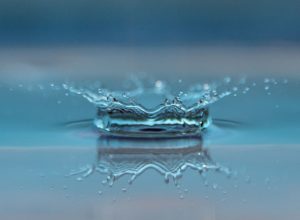
Green ways to treat wastewater
Rising rural populations, drought and climate change are making water scarcity a problem in country townships – with more efficient handling of sewage system wastewater part […]

Rising rural populations, drought and climate change are making water scarcity a problem in country townships – with more efficient handling of sewage system wastewater part […]
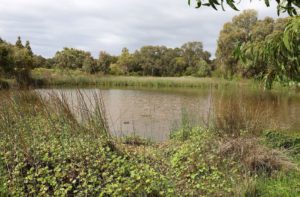
Ahead of World Water Day, new studies at Flinders University provide valuable insights into removing toxins from polluted waterways and improving infiltration at urban wetlands. One […]
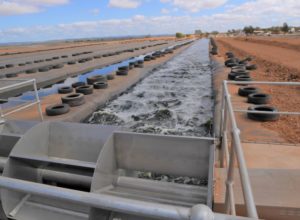
Environmental health experts at Flinders University are advancing research into a highly sustainable wastewater recycling program by developing a cost-effective way to harvest microalgal biomass for […]
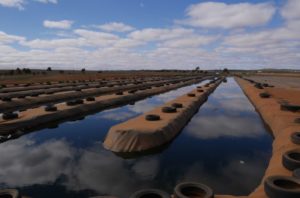
Flinders environmental health research is behind a successful wastewater treatment project in rural South Australia which is leading the way in sustainable water reuse, energy savings […]
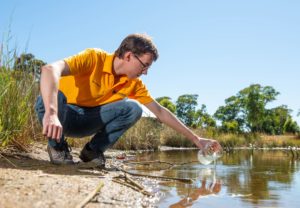
A new classroom at Oaklands Wetland is bringing science to life for high school and university students with hands-on experience of stormwater testing and monitoring. The […]
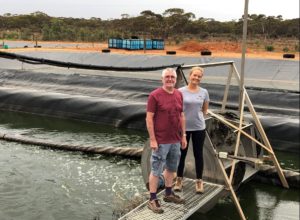
An improved wastewater system using algae to accelerate the breakdown of effluent presents Australian rural communities with a significant breakthrough in cheaper and more efficient wastewater […]

Beware – the ‘Zombie Apocalypse’ will return to Flinders Bedford Park next year. Using theoretically-grounded techniques, the new course put science students to the survival test […]
The US Environmental Protection Agency (USEPA) has awarded research by the Flinders School of the Environment a top 10 spot in its ranking of 75 entries […]
In a world first, a Flinders designed wastewater treatment system has been accepted as an alternative to existing passive lagoon systems for use in South Australia.